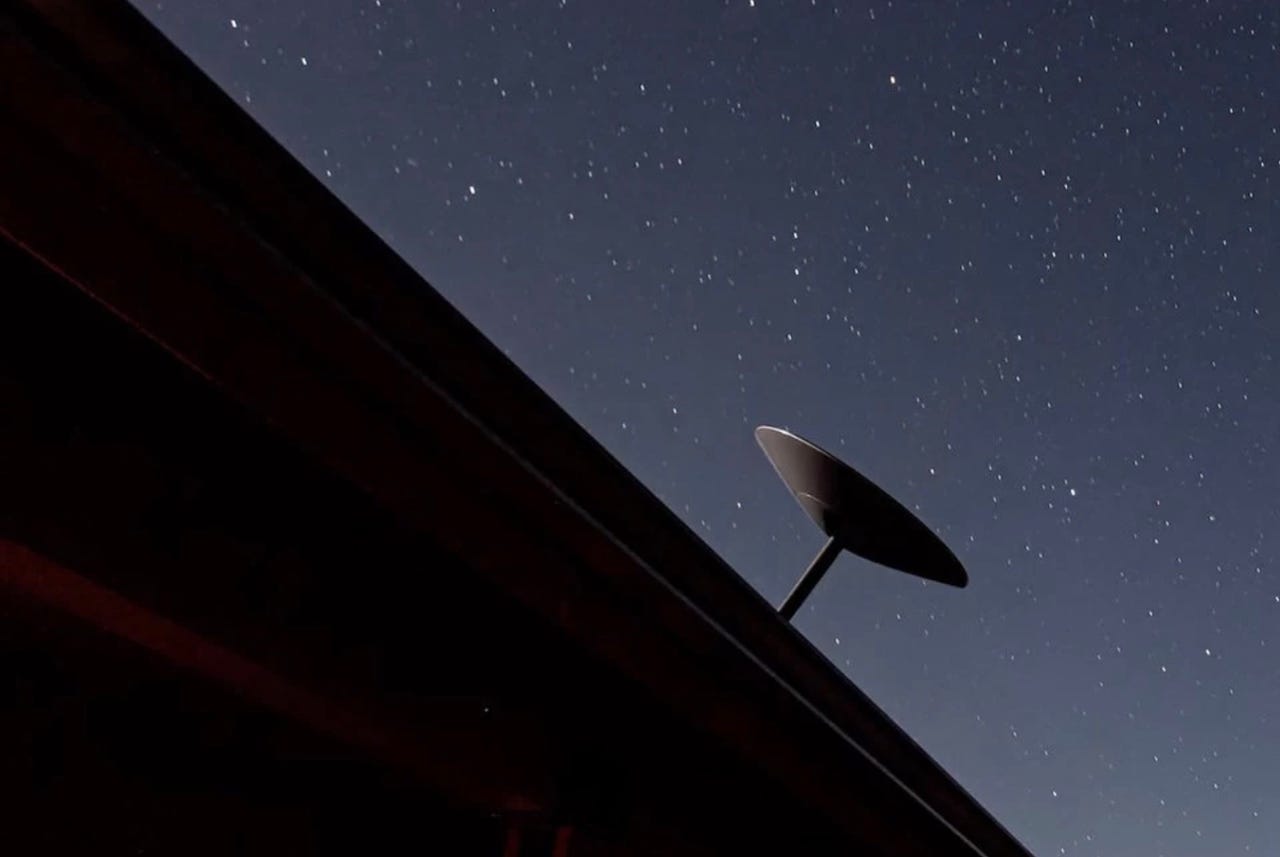
































(Image: Starlink)
The Federal Communications Commission has rejected SpaceX's Starlink application for a$885 million slice of the$9.2 billion Rural Digital Opportunity Fund (RDOF) program.
In December 2020, SpaceX was announced as one of the largest recipients of the 180 firms awarded funds under the FCC's first round auction for RDOF funding over 10 years to bring high-speed broadband to 5.2 million unserved US households and businesses.
But now the FCC has said Elon Musk's SpaceX satellite broadband service failed to demonstrate it could deliver the service and that its "nascent" technology shouldn't be subsidized by the Universal Service Fund to meet the RDOF's goals.
The FCC also rejected LTD Broadband, the largest winner with$1.3 billion in RDOF funding, because it lacked carrier licenses in half the 15 states it applied for.
FCC chairwoman Jessica Rosenworcel questioned the value of Starlink's$600 fee for its end-user terminal and whether it should subsidize technology that was still in development and wasn't delivering promised speeds.
"Starlink's technology has real promise. But the question before us was whether to publicly subsidize its still developing technology for consumer broadband-which requires that users purchase a$600 dish-with nearly$900 million in universal service funds until 2032," said Rosenworcel.
Starlink in March hiked the price of its starter kit$100 over its 2020 price and raised the monthly service fee$11 to$110, blaming inflation.
"We must put scarce universal service dollars to their best possible use as we move into a digital future that demands ever more powerful and faster networks. We cannot afford to subsidize ventures that are not delivering the promised speeds or are not likely to meet program requirements," said Rosenworcel.
SpaceX was to provide low latency broadband across 643,000 locations in 35 states at 100/20 Mbps speeds.
After announcing the RDOF round one winners, the FCC asked winning bidders to submit long form applications detailing their deployment plans. The cancelled awards are based on FCC reviews of these applications.
Rosenworcel said LTD Broadband had won RDOF auction bids in 15 states but failed to receive eligible carrier status in seven of the states. LTD was a small fixed wireless provider before the auction, the FCC notes.
The FCC determined Starlink was "relying upon a nascent LEO satellite technology" and that it was "not reasonably capable of complying with the Commission's requirements."
It added it should avoid "subsidizing risky proposals that promise faster speeds than they can deliver, and/or propose deployment plans that are not realistic or that are predicated on aggressive assumptions and predictions."
The FCC's public notice cites a report from broadband testing firm Ookla, which indicated that "Starlink's speeds had declined from the last quarter of 2021 to first quarter of 2022, including upload speeds that are falling well below 20 Mbps."
Ookla reported that Starlink's US median download speeds were up 38% in Q1 2022 year-over-year, but had declined from about 100 Mbps in Q4 2021 to 90.55 Mbps in Q1 2022. Also, Starlink upload speeds had decreased 33% to 9.33 Mbps in Q1 2022, from 16.29 Mbps a year earlier.
While a 38% increase in download speed is an improvement, it falls well-short of Musk's claim in February 2021 that Starlink download speeds would double speeds to 300 Mbps within the year.
 Tags quentes :
Inovação
Espaço
Tags quentes :
Inovação
Espaço